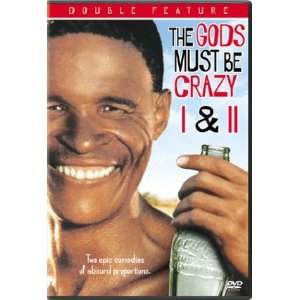 |
| "Running" by Gour, 13 years old |
The most stigmatized people in Calcutta's red light district are not the prostitutes, but their children. In the face of abject poverty, abuse, and despair, these kids have little possibility of escaping their mother's fate or for creating another type of life. Directors Zana Briski and Ross Kauffman chronicle the amazing transformation of the children they come to know in the red light district. Briski, a professional photographer, gives them lessons and cameras, igniting latent sparks of artistic genius that reside in these children who live in the most sordid and seemingly hopeless world. The photographs taken by the children are not merely examples of remarkable observation and talent; they reflect something much larger, morally encouraging, and even politically volatile: art as an immensely liberating and empowering force.
The winner of the 77th annual Academy Award for Best Documentary Feature, Born into Brothels offers a tribute to the resiliency of childhood and the restorative power of art. Devoid of sentimentality, Born into Brothels defies the typical tear-stained tourist snapshot of the global underbelly. Briski spends years with these kids and becomes part of their lives. Their photographs are prisms into their souls, rather than anthropological curiosities or primitive imagery, and a true testimony of the power of the indelible creative spirit.
















